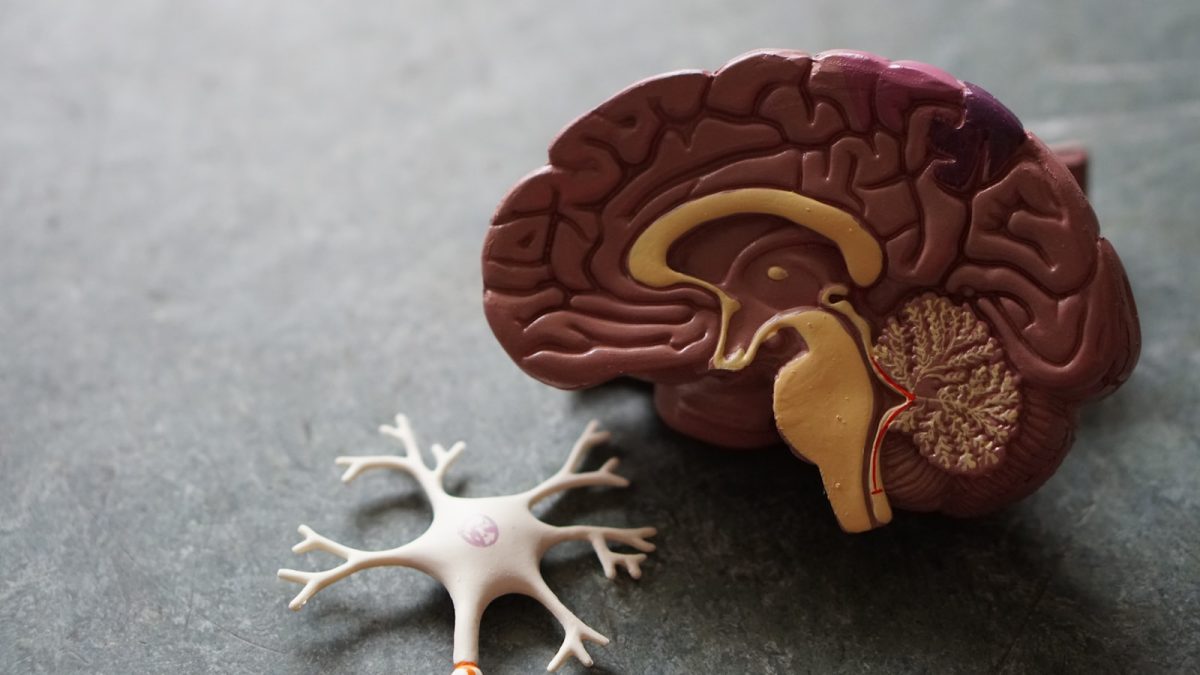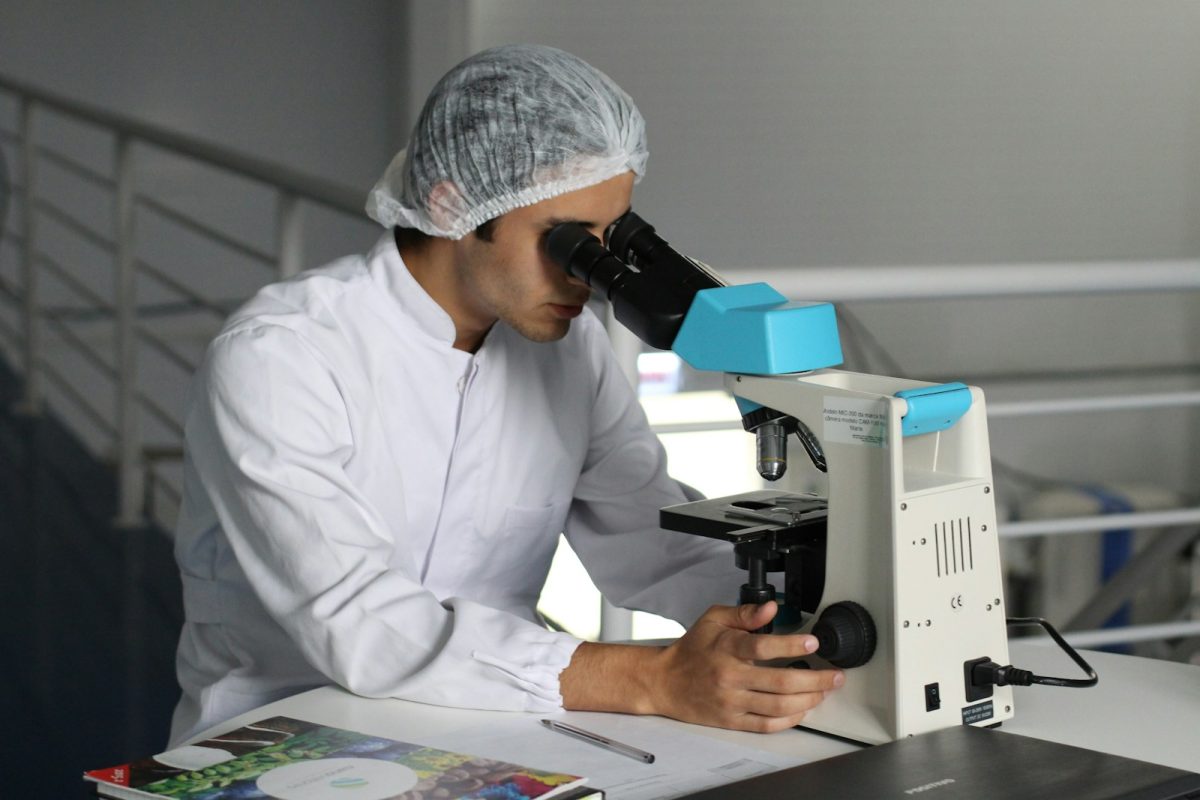Horror is a feeling of fear and excitement. Horror gives a sudden rise in dopamine, adrenaline, and endorphins. The result of this is that it cause your brain to respond with the “fight or flight” response. In other words it activates your sympathetic nervous system which is activated when a person is experiencing high levels of stress, panic, anxiety, and excitement, all of which are triggered by the horror genre and many other excitement events.
Horror is a genre dedicated to exciting people or get them to feel fear. For some people with Alexithymia can’t feel emotions, which means that the can’t feel fear. Some people may add that they can not feel depression, but this is not true. Alexithymia can be closely treated like anxiety and depression like in levels (low-high). Maybe horror can help to cure this neurological disorder. So in other words all of the affects that happen to you meanwhile your experiencing horror they can’t feel.
Shock, a common fear element used in movies to cause your brain to think its actually happening to you, is why your brain responds with the “fight or flight” response and gives you a shot of dopamine, adrenaline, and endorphins but then your brain realizes its environment and go’s back to normal.
And now the physiology of horror. It all starts in the amygdala which gets triggered and sends signals to your hypothalamus which send more signals to the rest of your endocrine (complex network of glands and organs). After all of this, it sends signals to your adrenal glands which release hormones. There on top of each kidney and then processed to release hormones directly into your blood stream which also care out epinephrine’s which cause you to breath faster which makes you ready to deal with danger because you take in more oxygen, and that causes your heart to faster and cause your pupils dilate (To widen or enlarge an opening or hollow structure beyond its usual size) and your muscles start to tense (stretched tight or rigid) up. Then your hypothalamus see’s what is being useful and what not so your body slows down your digestive system because it is useless in a threatening situation . And if your still in a stress, panic, anxiety, excitement situation your body gets ready for round two, and your hypothalamus starts to produce a new hormone. Your hypothalamus starts to release CRH(Corticotropin-releasing hormone) which signals your pituitary gland to start releasing ACTH (Adrenocorticotropic hormone) tells the adrenal glands to produce cortisol (simple term stress hormone) and all of this gives the body energy, and helps the body stay on high alert for longer. And when your out of a “threat” your body returns to its normal functions and cortisol levels decrease and go back to normal.
These are the affects of horror on your body and brain.
TAKE ACTION
- alexithymia
- best-horror-movies-of-all-time/
- /can-horror-movies-be-bad-for-your-mental-health/
- how-do-horror-movies-affect-your-mental-health
- -how-horror-affects-mental-health






